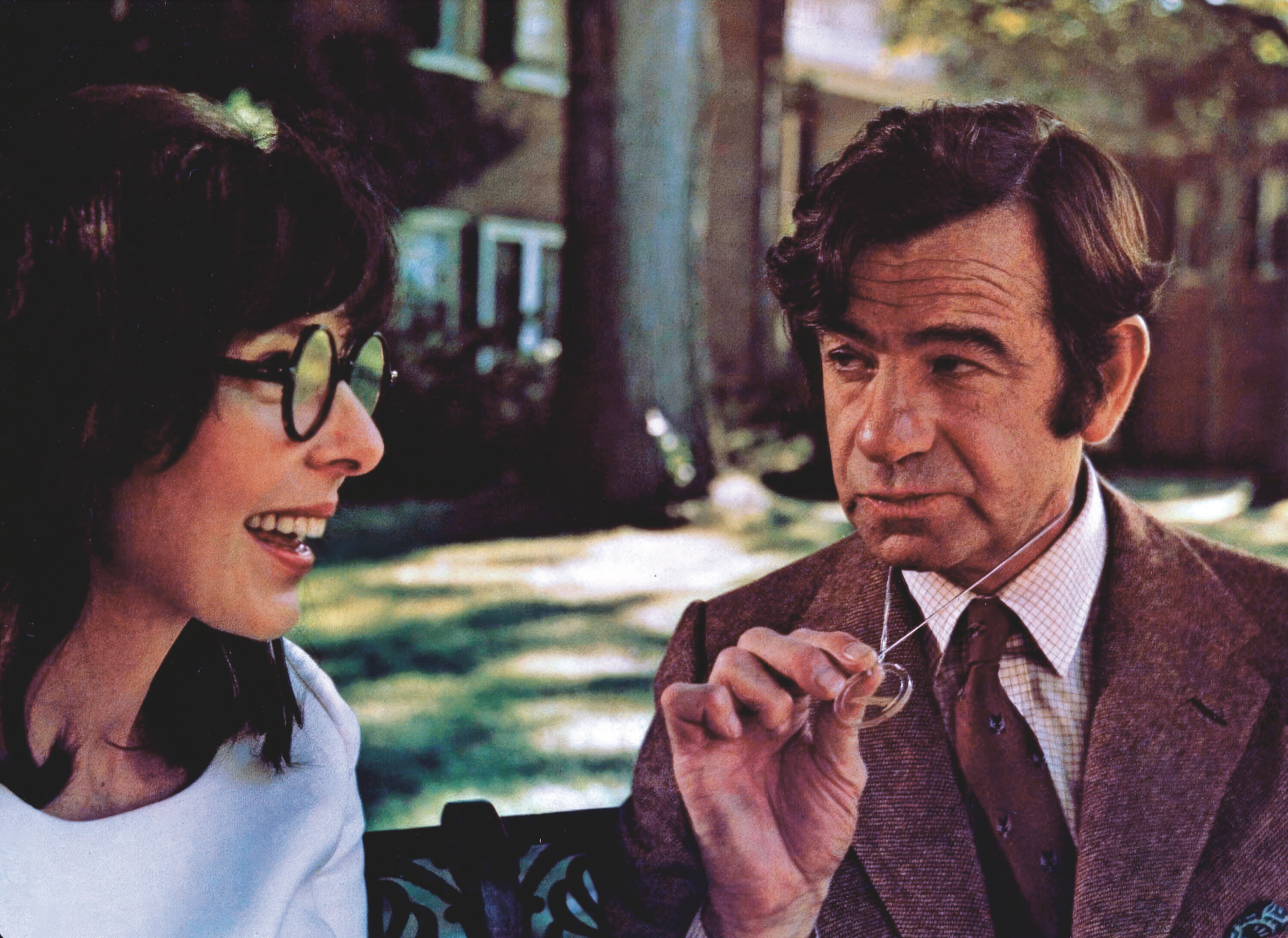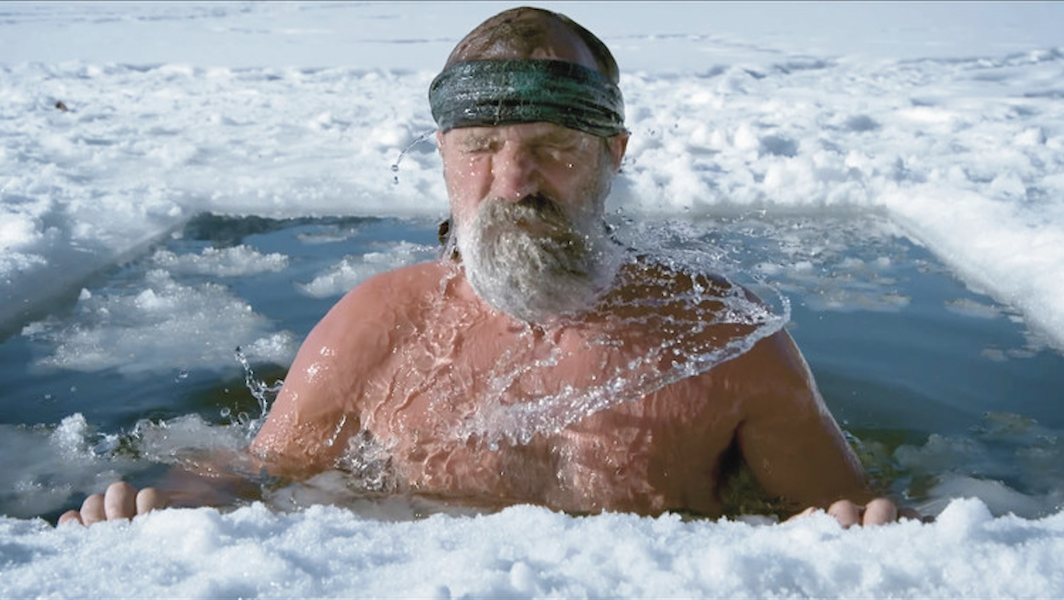
Lizzy Harding

ELAINE MAY DIDN’T SET OUT to become a director. What she really wanted to do was write. Her first film, A New Leaf, came about partly because it was 1968 and Paramount knew it would look good to hire a woman director. And partly because May wouldn’t sell her script without being guaranteed director approval—the […] 
AVRIL HORNER BEGINS A Savage Innocence, the first biography of the English novelist Barbara Comyns, with the story of her parents’ non-courtship. Once upon a time, a mustachioed man named Albert Bayley was visiting a cottage his parents rented out to a widow named Annie Fenn. Playing in the garden was Annie’s daughter Eva. Albert watched the ten-year-old girl skip around and before leaving informed Annie that once her daughter could cook, he would marry her. At the wedding, ten years later, Eva was already five months pregnant. According to Bayley family lore, Annie permitted the marriage because Albert offered 
OTHER THAN BEING among the moneyed elite, what do Gwyneth Paltrow, Joe Rogan, and Laird Hamilton have in common? To various degrees, they all espouse the teachings of Wim Hof, a jolly Dutchman better known as “The Iceman” for feats like climbing Mount Kilimanjaro shirtless, running a half marathon barefoot across ice and snow, running a full marathon across the Namibian desert without breaking for water, and generally exhorting the public to understand that wearing a T-shirt out in winter while saying you just don’t get cold is more than manboy behavior. For Hof, it’s the secret to the good 
IT IS TECHNICALLY POSSIBLE to write about Sheila Heti’s new novel, Pure Colour, by following the rising action. Such a review might track Heti’s main characters—father and daughter—through his death, her long mourning, their reunion in a leaf (it’s a sort of limbo), and her learning to live without him. The idea would be to shepherd readers through the novel by focusing on its most legible story line, in the hopes of making it all make sense. At the end, three or four sentences would remain to pronounce one or two judgments on how Heti perverts or expands the nature 
THE UNNAMED NARRATOR of Lauren Oyler’s debut novel is an ex-blogger. She delivers hard truths about what she reads online: popular tweets and think-pieces alike are “aimed not at clawing for some difficult specificity but at reaffirming a widespread but superficial understanding.” Fake Accounts details her pivot to clawing, and to fiction; she is writing a semiautobiographical novel of hyperspecific circumstances, having recently discovered that her boyfriend, Felix, peddles anti-Semitic conspiracy theories via Instagram. Soon after, he dies. She gets the news at the Women’s March in Washington, DC, where she’s been biding her time at the dawn of the 
In Andrew Martin’s new story collection, we’re with the critics, who are also writers, who often don’t write anything at all. Like Derek, who peaks hate-skimming a novel by the sometime-boyfriend of Violet, a member of his War and Peace reading group: “First paragraph: way too long. How many clauses did one man need? Last sentence: something about a Carolyn ‘emerging carelessly’ from a car. Indeed.” Derek throws the book in the trash, feels something. He is lashing out, having “been proven wrong in his interpretations of the text at every turn” over eight months of Tolstoy, and all in 
Fiona Alison Duncan. Photo: Stefan Schwartzman The first page of Exquisite Mariposa, the debut novel of Canadian-American artist, writer, and organizer Fiona Alison Duncan, finds the narrator, also named Fiona, pitching a reality TV show about her new housemates (“It’s like The Real World meets Instagram.”). But it’s a nonstarter: Fiona respects and admires her fellow subletters, and soon realizes that packaging their image for profit is no way to treat people one respects and admires. At this point, she’s known them all for about a week, but they have a Connection. Reality is, the show never gets made, 
Cyrus Grace Dunham. Photo: Sam Richardson Cyrus Grace Dunham’s memoir, A Year Without a Name, was written in real time over the course of two years, a name change, and what popularly constitutes a gender transition. The book emerged from a compulsive writing practice, an experiment in self-actualization that saw Dunham writing toward the version of himself he’d always fantasised about embodying. In spare language, Dunham writes through changing relationships, everyday setbacks, and resolutions. Dunham is acutely aware of what it’s like to be made a character of; one of the primary concerns of his book is how to